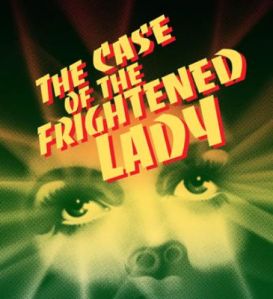
Don’t you just love that great illustration by Lili Chin to help decode your dog’s attempts to communicate?
(This is a creative commons work. Be sure to check out Lili’s site! She deserves the recognition.)
Did any of them surprise you?
One of them really did for me.
All this time I thought my chocolate lab, Luna was giving me the cold shoulder (by sitting with her back to me)… she was actually giving me respect and trust.
(I feel like such a jerk about it now because sometimes I would mention it to her (disparagingly) and tell her that I felt sort of offended. Sweetheart that she is, she never seemed to hold it against me.)
Here’s a never-before-made-public excerpt from the book Luna helped inspire!
People who love and prefer cats, “cat people”, will tell you that cats are superior to dogs because they can take care of themselves. Cat people may flaunt the fact that felines don’t have some inferior gene that forces them to depend on others. The sort of separation antics and hysterics don’t seem to happen to cats like they do with dogs. A cat may greet you, but it will hardly hang on your every word. Instead of nervously crying at the window like a dog does, a cat will get even. And it won’t get even because you left, but because you have overstepped your bounds. It will pee on your pillow, for instance. It’ll turn on you in an instant with claws and teeth as you pet it. It will serve revenge ice cold. “Dog people” prefer to be a dog’s reason for living rather than being a cat’s loyal subject. The biggest bruise to the human psyche comes from this situation: For the privilege of being a feline’s vassal it will tolerate you.
Have you read the short book I wrote with Doug Jackson called “Dog in the Gap”?
There are 11 stories, tons of great photos, and a bunch of funny extras!
It is available on Kindle only. Installing the Kindle Reader App for your computer or smartphone is free.
Getting the next post through Feedburner, is free and easy to do. Sign up your email address in the right sidebar.



 I was speaking with “Gwen” not that long ago, and she was telling me about an emotional subject. The words, “Oh my God” escaped her lips. She stopped. She looked around, and then with a look I would have to describe as panicked, she said, “I’m so sorry. I know God doesn’t like if I do that.”
I was speaking with “Gwen” not that long ago, and she was telling me about an emotional subject. The words, “Oh my God” escaped her lips. She stopped. She looked around, and then with a look I would have to describe as panicked, she said, “I’m so sorry. I know God doesn’t like if I do that.”